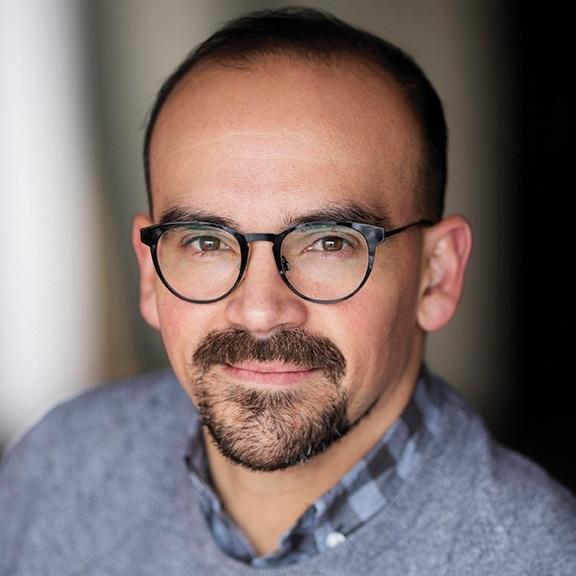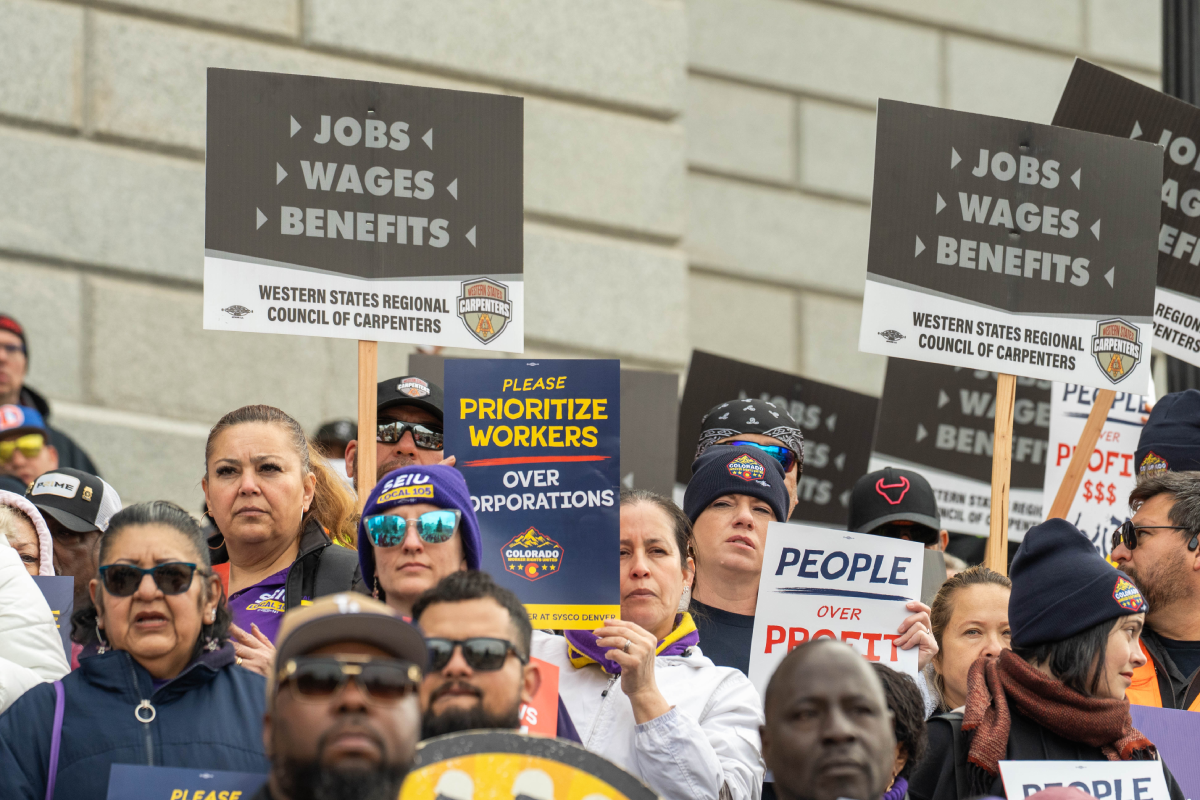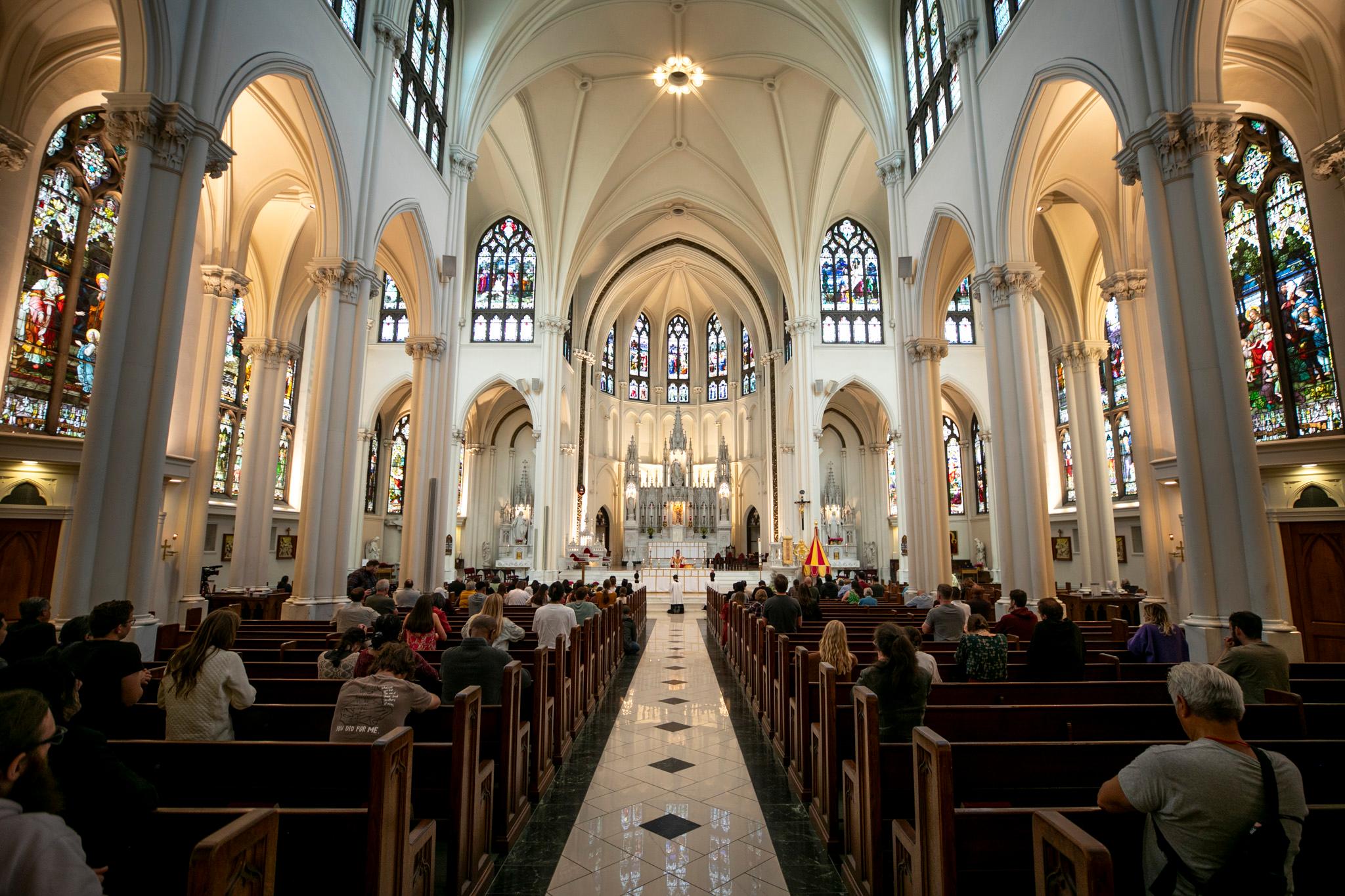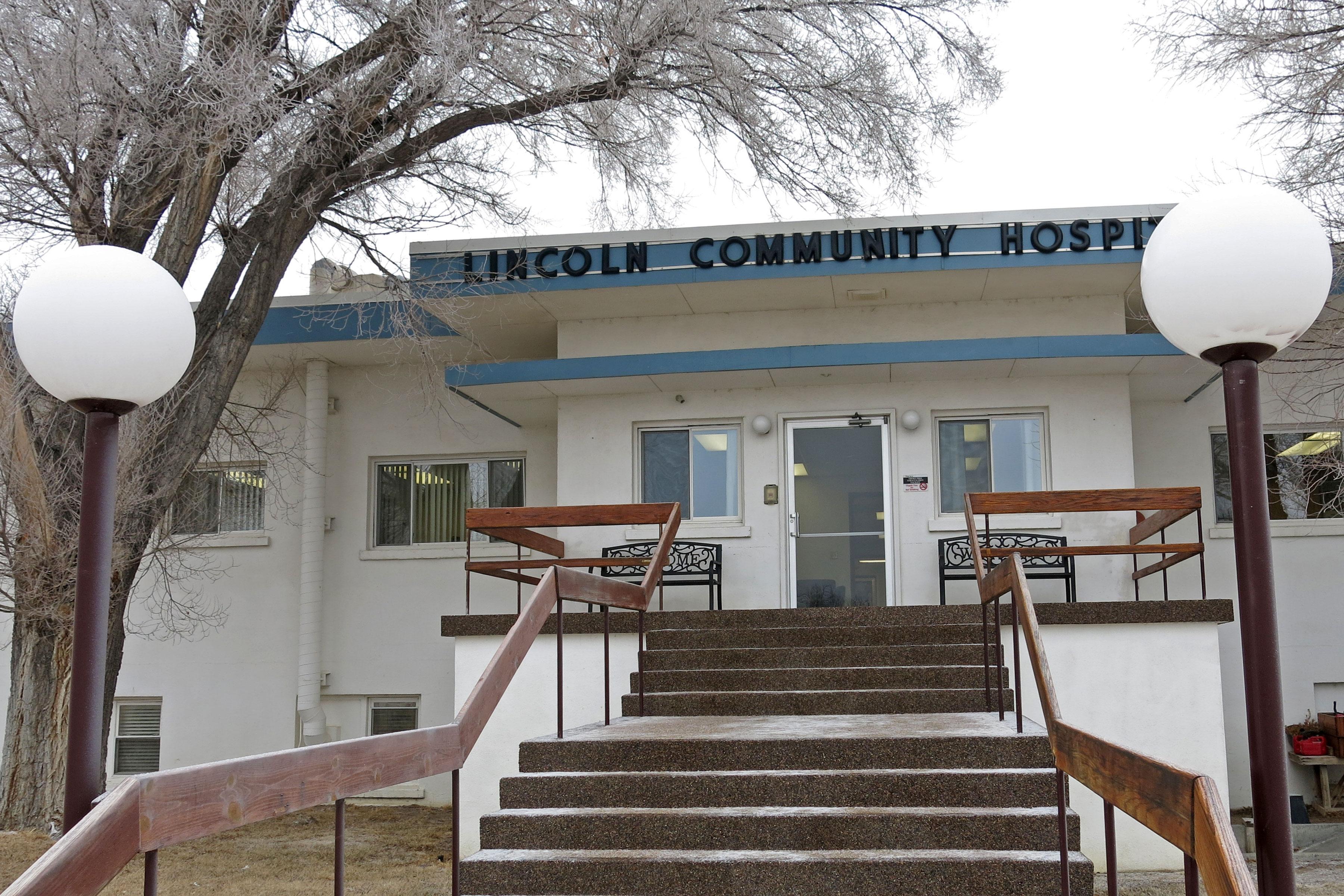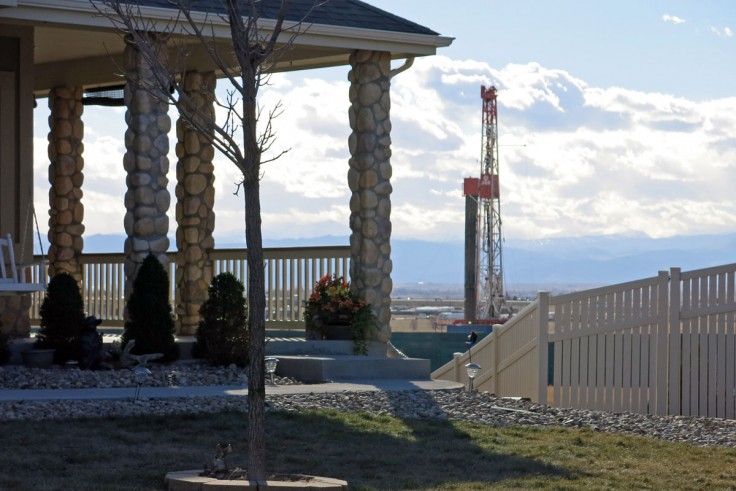

When state legislators passed Senate Bill 181, supporters said the bill was an important step to ensure that local communities could regulate oil and gas development in a way that made sense for them.
Just what makes sense for them depends on who you ask and where in Colorado you live.
The often-complex relationship a town has with oil and gas development — the physical location of wells themselves, the jobs they bring, the local boon to the economy — isn't the same in urban places like Aurora or Denver or Boulder as it is in more rural parts that sometimes rely on oil and gas dollars to keep their communities afloat.
More than that, even, the Democratic backers of 181 said it was made and passed to protect public health and safety — the law expressly directs state regulators to consider public health and safety when considering whether to approve new drilling.
Oil and gas drilling can be dangerous; SB 19-181 was enacted two years after a deadly home explosion linked to an underground well line in Firestone.
The idea, ostensibly, was that when communities decide for themselves how to regulate oil and gas, many would choose stricter regulation. But for places like Weld County, greater local control means making oil and gas feel more comfortable in, near and around their communities.
"I think the people who were pushing for Senate Bill 181 thought that it would give them more control to be able to say no to oil and gas development," said Weld County Attorney Bruce Barker, "However, it's a two-edged sword. The ability to regulate goes both ways."
Weld County's Board of County Commissioners on Monday moved to make sure that they'll be the ones making the decisions on what oil and gas can do in their backyards.
They passed a resolution declaring all unincorporated parts of the county as under their purview.
Wait, you might ask yourself. Aren't the unincorporated parts of the county already part of the commissioners' jurisdiction?
Well, yes, but it's complicated.
Regulation of oil and gas drilling is complex and expensive, so the Colorado Oil and Gas Conservation Commission did it for localities for decades — including land use: where wells go and when, what happens when drillers don't follow the rules, things like that.
In 1974, Colorado House Bill 1041 gave local communities more power over matters of "state interest." It included giving localities more control over the land that held minerals, but it was unclear to many if those new powers included regulation of oil and gas permitting.
In theory, the Weld purview resolution formalizes its 1041 powers by saying that Weld has control over the oil and gas permitting process.
Officials don't call it a test, but in practice, it turns into a way for local officials to figure out 181's local control provisions.
"I don't see it being a test. I think it's carrying out exactly what Gov. [Jared] Polis talked about — giving local governments local control," Barker said. "So I think our Board of County Commissioners sees it as doing exactly what was intended."
The COGCC — the state regulators — will turn from "fostering" development of the oil and gas industry to "regulating it," according to the law, but it also gives localities more control over land use related to the industry — where those drills are and perhaps even inspecting the wells for safety.
As the regulations game plays out statewide under SB 181, some cities and other localities have instituted moratoriums on drilling. And places like Boulder are busy considering new, stricter rules to regulate drilling in their communities.
Others, like Weld, are full steam ahead with plans to take SB 181 up on its promise to let localities decide where they put wells. That may end up looking very different in Weld than it does in Boulder. The Northern Colorado county is the largest producer of oil and gas in the state.
"We are taking control back from the state, as they have outlined in SB 181," said Commissioner Pro-Tem Mike Freeman in a release in May. The commissioners' resolution is aimed at maintaining "the working relationship we have had with the energy industry to the benefit of our oil and gas families and local small businesses."
Weld County Spokesperson Jennifer Finch said counties and cities are busy trying to figure out their place in regulating oil and gas development. In the meantime, Finch said, they've heard state lawmakers and Gov. Polis' words that more local control over drilling means each place in Colorado can figure out what regulation should look like in their community.
"We’re going to see how true that is," she said. "If Boulder County gets local control ... that means Weld County also gets local control."
CPR's Natalia Navarro contributed to this report.
